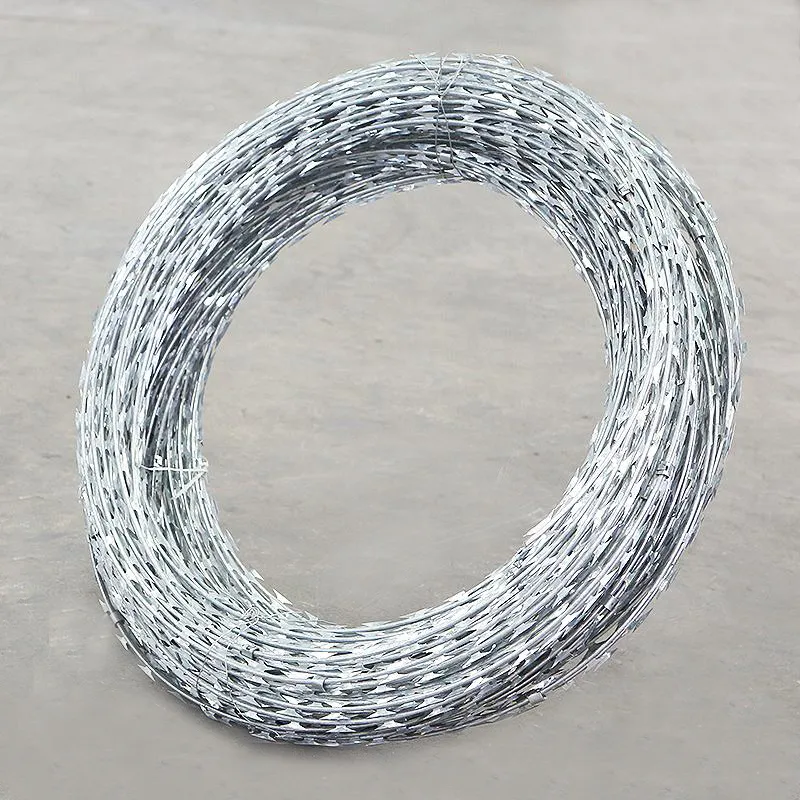

Professionals should also be mindful of the drive type when selecting drywall stud screws. Common drive types include Phillips and square drives. While Phillips heads are prevalent and widely used, square drives provide superior torque, reducing the likelihood of stripping during installation. This distinction can be crucial in projects where precision and reliability are paramount. Environmental factors often dictate the choice of drywall stud screws as well. In areas with high moisture levels, such as bathrooms and basements, opting for screws with enhanced rust-resistant coatings is advisable. These screws resist corrosion, ensuring the long-term stability of the drywall installation. Finally, the installation process itself can greatly impact the performance of drywall stud screws. Utilizing screw guns with adjustable torque settings ensures that screws are driven perfectly each time. Overdriving can damage the drywall, while underdriving can leave the surface uneven. Proper installation techniques uphold the structural integrity of the installation, providing reliability over the life of the project. Awareness of these factors not only aids in selecting the ideal drywall stud screws but also enhances the overall outcome of construction endeavors. This knowledge, paired with high-quality materials and precision techniques, is key to successful drywall installation, offering peace of mind and satisfaction with the completed project.

















